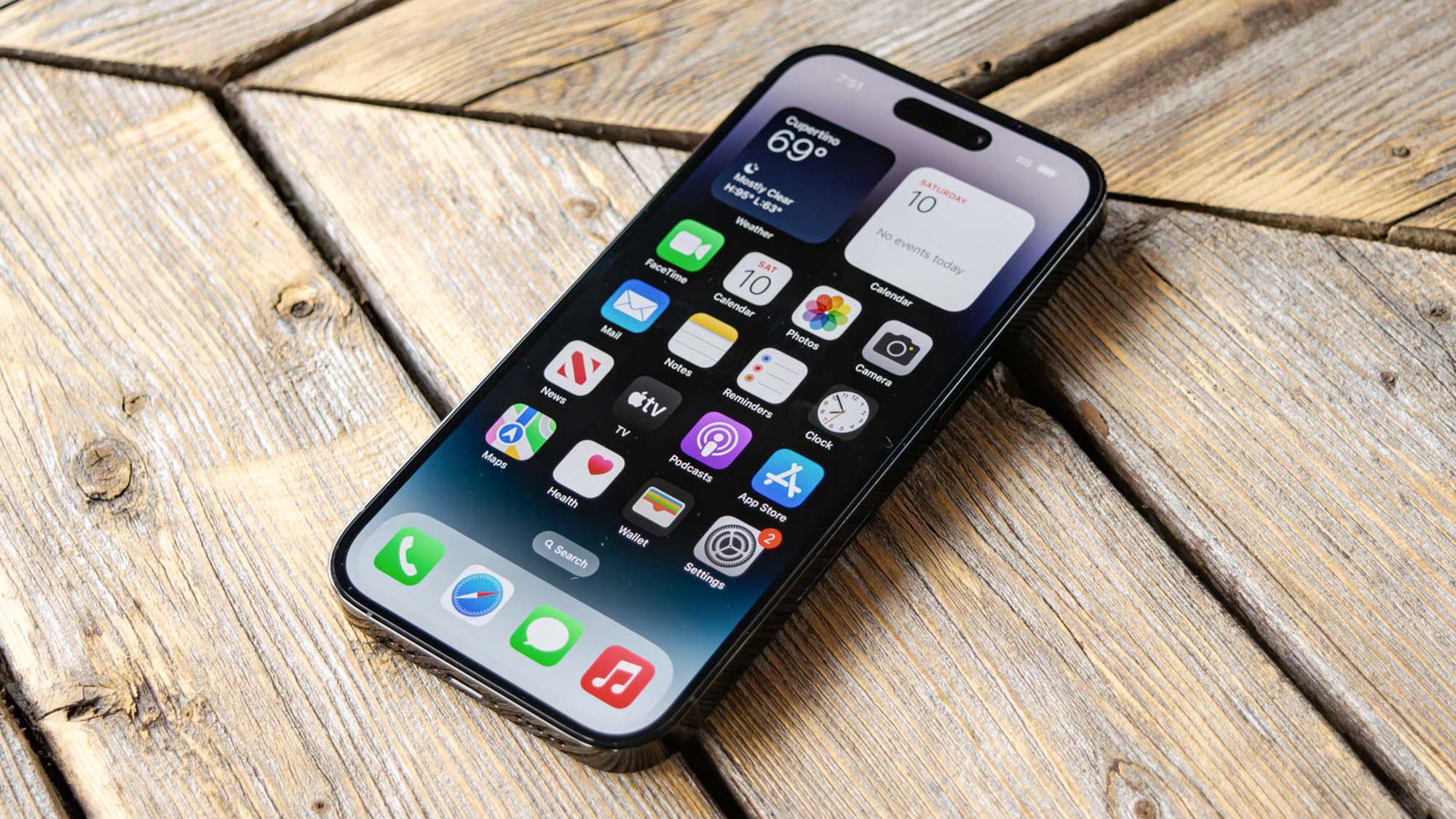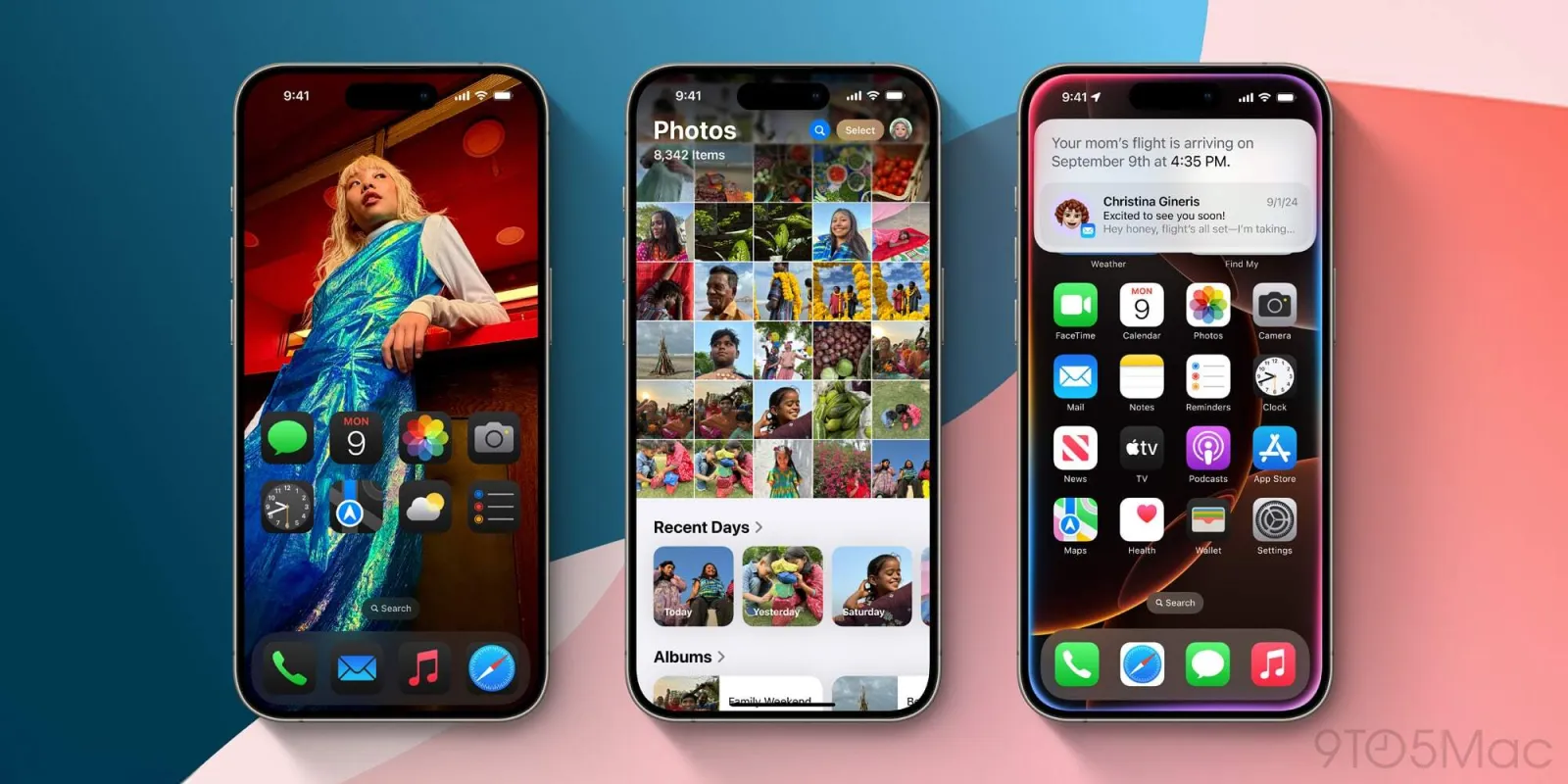In an era where digital security is more crucial than ever, Apple’s latest operating system update, iOS 18, introduces a groundbreaking feature designed to fortify iPhone security—mandatory device reboots. This new measure ensures that iPhones that remain locked for an extended period will automatically restart, a development that has caught the attention of both users and law enforcement agencies alike.

The Genesis of the Forced Reboot Feature
The narrative around this feature began unfolding a week ago when it came to light that several iPhones in the custody of American law enforcement had spontaneously rebooted. These devices, which were being stored securely for investigative purposes, exhibited behavior that was initially baffling to authorities. The phenomenon was notably prevalent among iPhones operating on iOS 18, particularly when these devices were kept out of network range for prolonged periods.
This led to speculation, later confirmed, that Apple had implemented a new security protocol in their latest update, iOS 18.1. A police report highlighted an intriguing aspect of this feature: “We believe that the iPhones with iOS 18.0 brought into the lab, under certain conditions, were communicating with other iPhones in the vault. This communication sent a signal to the devices to restart after a certain amount of time had passed since the device’s last activity or being out of network.”
What Does the iOS 18.1 Security Feature Entail?
The security feature in question automatically triggers a reboot if the iPhone remains in standby mode and locked for about 72 hours—significantly reduced from the original seven days in iOS 18.0. This function operates independently of the iPhone’s battery charge or network connectivity, suggesting a sophisticated system design aimed at maximizing security.

The primary aim of this feature is to elevate the security level of the device, thereby making it increasingly difficult for unauthorized individuals to access or extract data. This is particularly vital in scenarios involving theft or loss, ensuring that the device becomes inoperable after a set period without the correct authentication. Moreover, it aligns with stringent data protection regulations like the GDPR, providing an added layer of security for user data.
Industry Experts Weigh In
Security experts have begun to shed light on the implications of this feature. In a recent demonstration, security researcher Jiska Classen illustrated how an iPhone that remained inactive for the stipulated 72-hour period underwent an automatic restart. This practical demonstration provided a clear view of how the feature functions in real-world scenarios.
Additionally, digital forensics firms such as Magnet Forensics have expressed their astonishment over Apple’s decision not to publicly document this feature. Matthew Green, a respected figure from Johns Hopkins University, praised the feature, stating, “This feature is an asset against thieves and malicious hackers. If your phone is stolen, attackers cannot indefinitely store it while they devise a bypass method.”

As the digital landscape evolves, so too does the sophistication of security measures. Apple’s decision to integrate forced reboots into iOS 18.1 represents a proactive approach to safeguarding user data against increasingly inventive theft and hacking strategies. While this feature may pose challenges for law enforcement and forensic investigations, it undeniably enhances the security and integrity of user data, reinforcing Apple’s commitment to user privacy and data protection.










